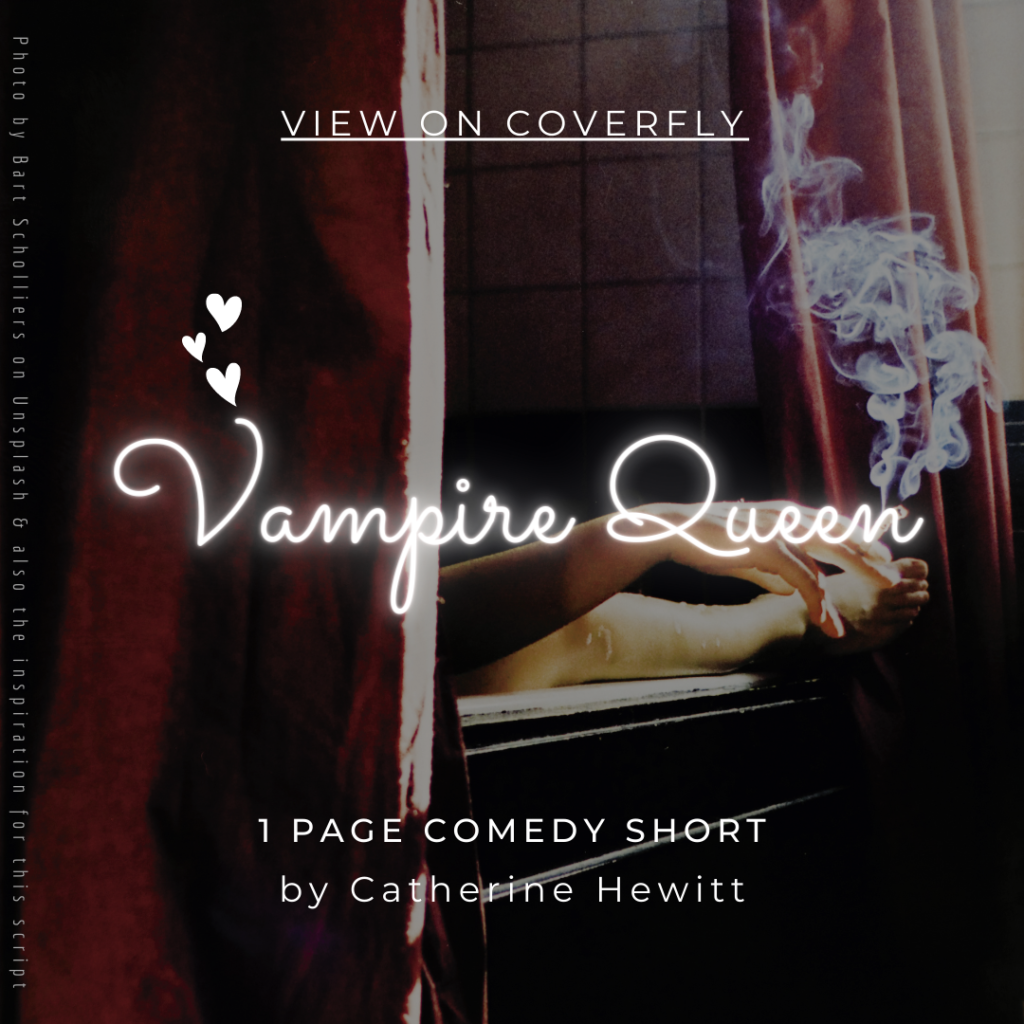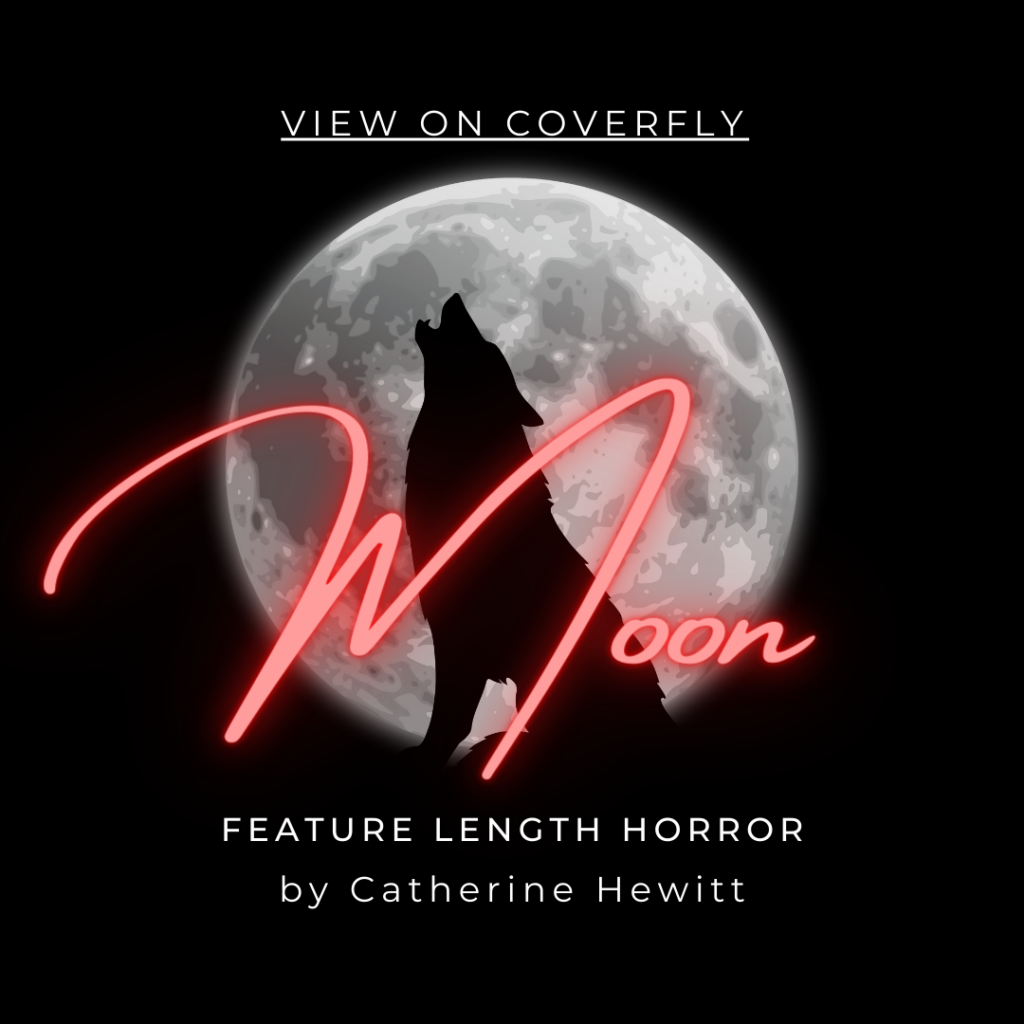Many books begin with a poem or rhyme, known as an Epigraph, that gives the reader a sense of what is to come. Almost like a magic spell cast upon you as you begin your journey, feeling like a forewarning and others give you a sense of the tone. And sometimes it is a way to tie the authors work to others the author hopes their book might compare to.

An Epigraph
An Epigraph is a poem, quotation, or phrase set at the beginning of the work that links to the whole either as a sort of summary or a contrast. It could be a fictional quote, a real quote, a piece from someone else’s work, something that relates to the world your story is set in (perhaps a fake book in the story or law that must be adhered to), or a poem. And most often part of the front matter, coming before the chapter but after your acknowledgements page. It is also the term used for an inscription on a building or coin.
Do these seem familiar?
You may be familiar with them as a quote from someone else’s work
Did I request thee, Maker, from my clay
To mould meMan , did I solicit thee
From darkness to promote me?
Paradise Lost, X, 743-45
And perhaps if you are like me, you occasionally skip those pages altogether, eager to get into the story itself. But a word of warning, those Epigraphs often have relevance to the book you are reading. The author did not choose them lightly. Do you think this one, Neil Gaiman used in The Ocean at the End of the Lane, was fitting?
I remember my own childhood vividly…I knew terrible things. But I knew I mustn’t let the adults know I knew. It would scare them.
Maurice Sendak
So remember, using an epigraph in your own book can enhance the experience and the meaning of the story itself. And often, if they are created by you, foreshadow the story and give the reader clues that won’t click into place until they reach specific sections. One of those little ah-ha moments. What epigraphs are your favourite?
Horror and Fantasy Author – Also writing as K.T. McQueen. Love Western Horror, cowboy boots, my cactus Collin, & my Demon Cat.
Moths – I hate moths, the way they flutter at your face!



